Welcome to our Plymouth ENT blog, where we're committed to enhancing your understanding of ENT-related health issues. Today, we're delving into a common but often misunderstood condition: tinnitus. Tinnitus affects millions of individuals globally and can significantly impact daily life. Here, we'll explore what tinnitus is, its possible causes, and effective management strategies to help those affected.
What is Tinnitus?
Tinnitus is commonly described as hearing a ringing, buzzing, hissing, or whistling sound in the ears when no external sound is present. It can vary in pitch and intensity, and might be heard in one or both ears. For some, tinnitus is a temporary condition, but for others, it can be chronic and persistent.
Causes of Tinnitus
Understanding the underlying causes of tinnitus is a crucial step in managing this condition. Tinnitus is not a disease in itself but rather a symptom of an underlying condition. Some common causes include:
Age-related hearing loss: As we age, hearing deteriorates, which can sometimes result in tinnitus.
Exposure to loud noise: Loud noises, from work-related noise exposure to loud music, can cause temporary or permanent hearing loss and tinnitus.
Ear and sinus infections: These can increase fluid pressure in the ears, leading to tinnitus.
Diseases of the heart or blood vessels: Certain cardiovascular issues are linked with tinnitus, possibly due to changes in blood flow.
Medications: Some prescription medications are known to cause or worsen tinnitus as a side effect.
Earwax buildup: Excessive earwax can block the ear canal and cause hearing loss or ear irritation.
Diagnosing Tinnitus
At Plymouth ENT, our approach to diagnosing tinnitus involves a thorough medical history and a detailed examination of your ears, head, and neck. We might also recommend:
Hearing tests (audiological exams).
Movement tests (you'll be asked to clench your jaw, move your eyes, or move your neck, arms, and legs in certain ways).
Imaging tests, such as CT or MRI scans, if we suspect your tinnitus is related to a structural issue in the brain or ears.
Management and Treatment
While there's no universal cure for tinnitus, several strategies can help manage the condition:
Hearing aids: Especially effective if tinnitus comes with hearing loss.
Sound therapy: Using external sounds to partially mask your tinnitus—white noise, specialized ear masks, or even music.
Behavioral therapy: Techniques such as cognitive behavioral therapy (CBT) can help alter the emotional response to tinnitus.
Tinnitus retraining therapy (TRT): Combines sound masking and counseling to change the way you perceive the tinnitus sounds.
Lifestyle Modifications
Making some lifestyle changes can also help manage symptoms:
Avoid potential irritants: Reduce your exposure to things that might worsen your tinnitus, such as loud noises and certain medications.
Cover up the noise: In a quiet setting, a fan, soft music, or low-volume radio static may help mask the noise from tinnitus.
Manage stress: Stress can aggravate tinnitus, so stress management through relaxation therapies like meditation or yoga might be beneficial.
You should consider seeing a specialist at Plymouth ENT if you experience tinnitus that is:
Persistent and bothersome.
Affecting your ability to concentrate or sleep.
Occurring with other symptoms like hearing loss or dizziness.
We hope this blog post has provided you with a clearer understanding of tinnitus and its management. Remember, you're not alone—Plymouth ENT is here to support you on your journey to better hearing health. For more information or to schedule an appointment, please contact our office. Let's work together to find a management plan that best suits your needs.
